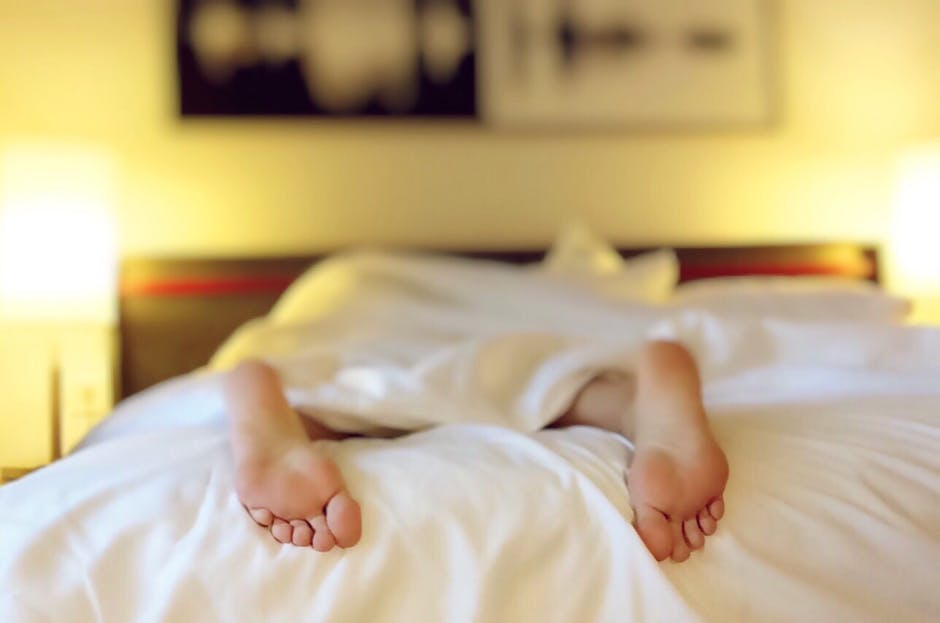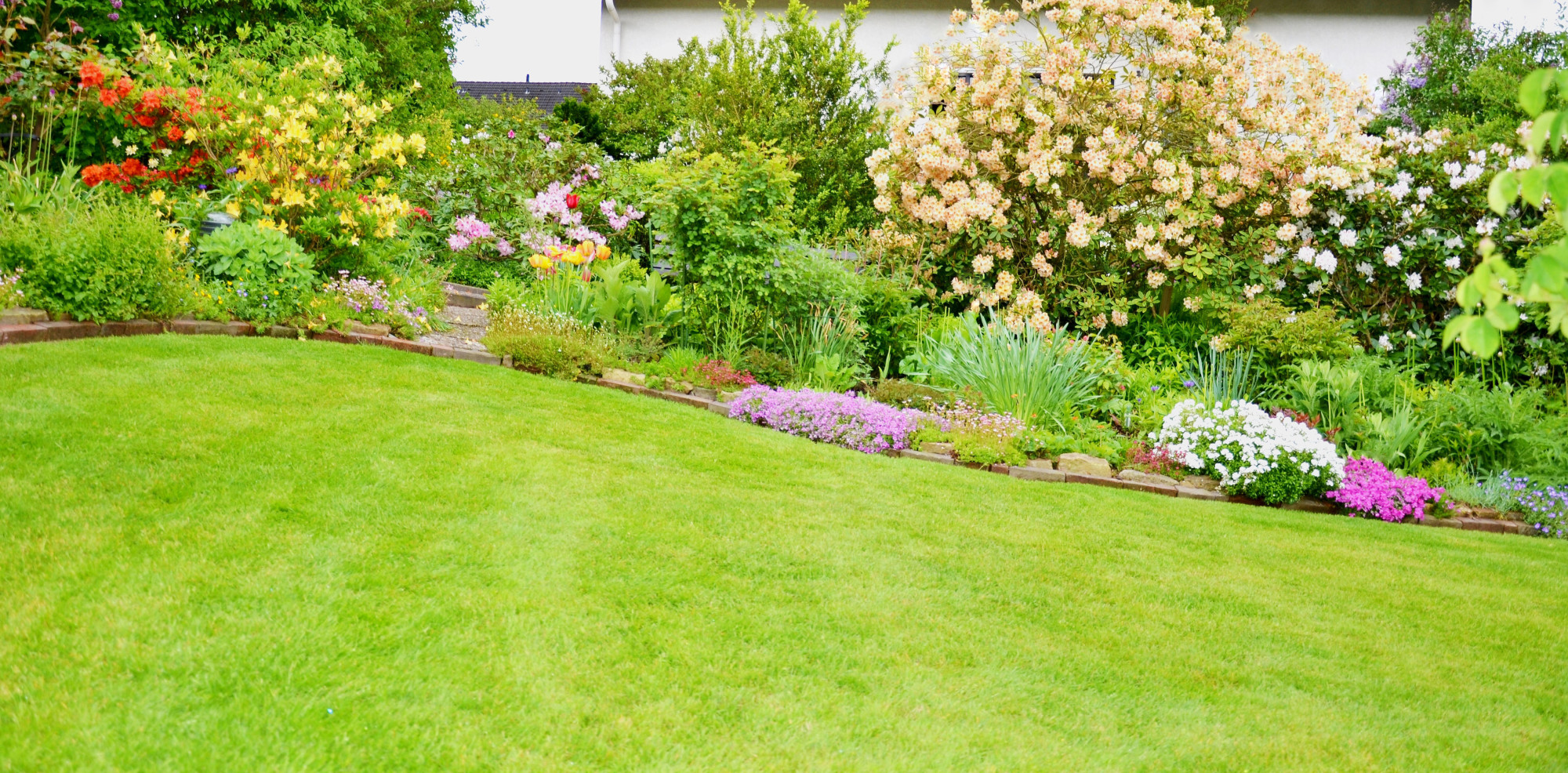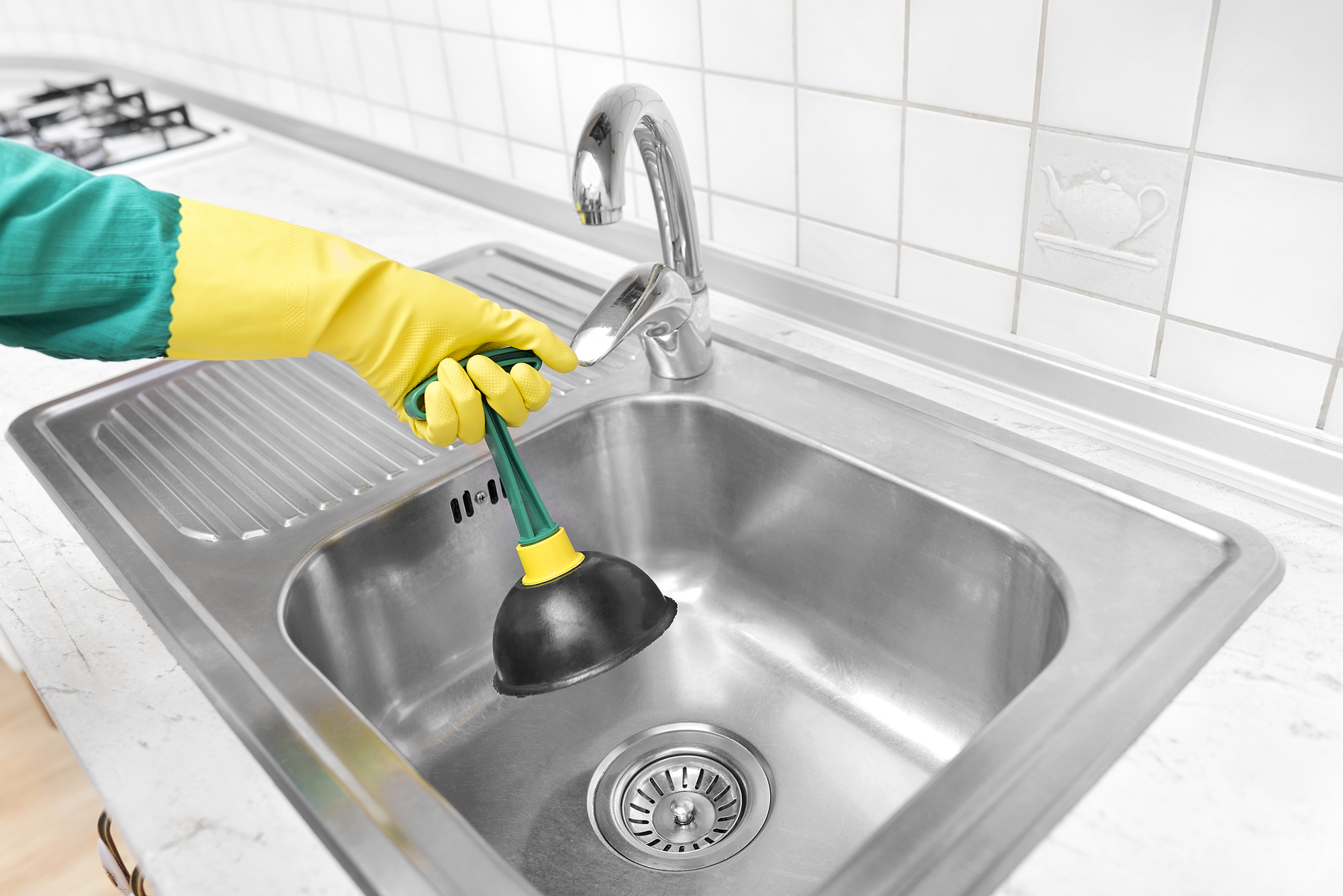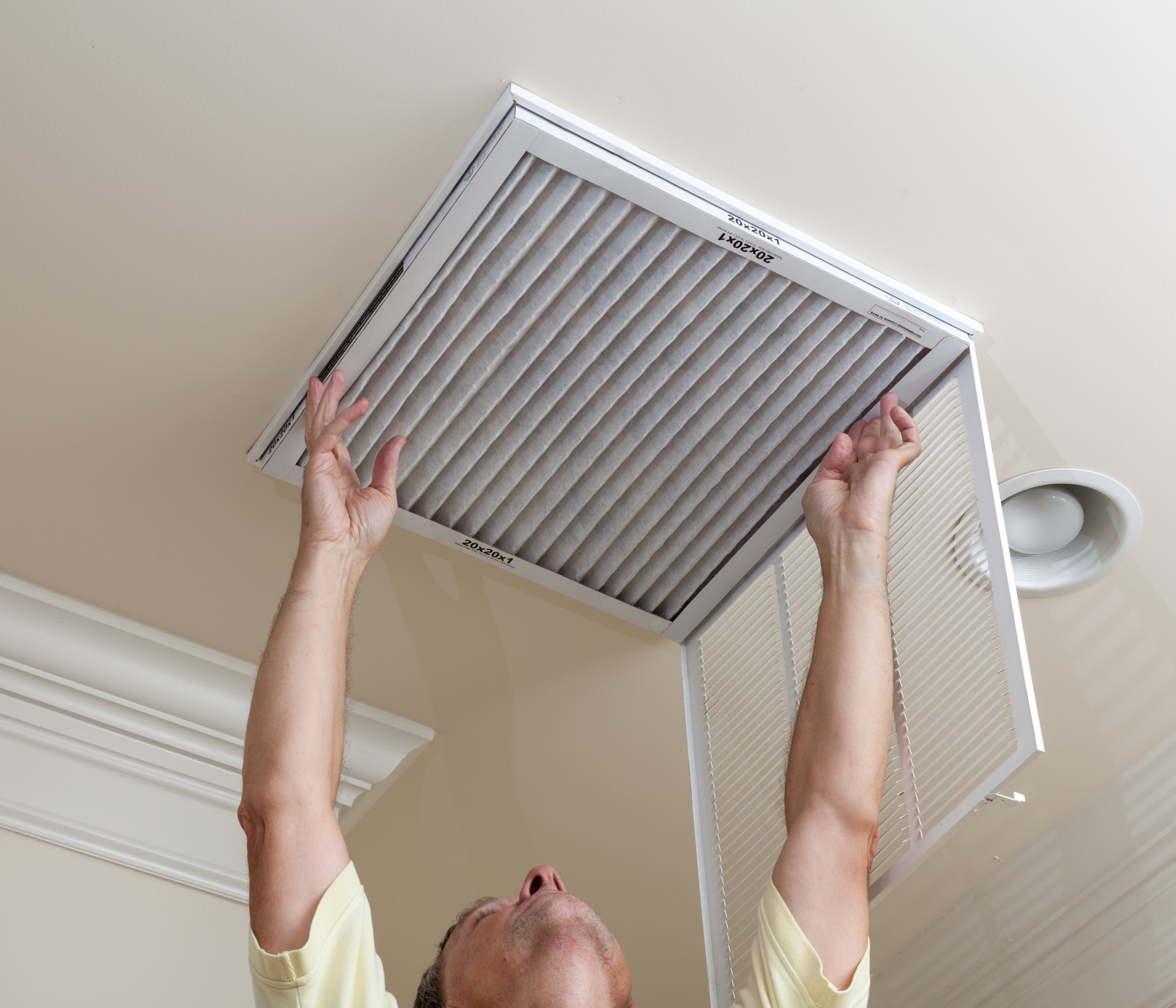Tossing, turning, checking the time, calculating how much sleep you’d get if you fell asleep right now — if you suffer from insomnia, you have this routine down pat. You’re also in good company. Experts say that one in three Americans experiences at least mild insomnia from time to time. Fully 25% of us report acute insomnia — but there’s good news, too: 75% of those insomniacs make a full recovery.
It only takes a couple of sleepless nights before you start researching the best medicines for insomnia. But before you call your doctor’s office asking for a prescription, here are some natural remedies you should try instead!
First Things First: Lifestyle Changes
Before you start popping pills or supplements, try these changes to your daily habits and your environment. You may find that sleep comes much more easily!
Try Meditation
Oftentimes, our racing thoughts and mile-long to-do lists are what’s keeping us up at night. Mindfulness meditation can be a wonderful way to combat stress and encourage sleep. Try it at bedtime to help empty your mind, but also incorporate it into your day-to-day schedule to reduce tension overall.
Another Reason to Exercise
Getting 20-30 minutes’ worth of exercise each day will benefit you in many ways, not the least of which is your sleep habits. There are two caveats, however: don’t expect the results to be immediate — going for a brisk walk at lunchtime won’t necessarily help you fall asleep easier that same night — and don’t work out just before bed. That will stimulate your brain and body, and defeat the purpose.
A Sleep-Friendly Bedroom
Keep your bedroom cool and dark for an optimal sleep environment. Turn off the television. If you need a bit of background noise to help you drop off, try a white-noise app or website.
Don’t use your bed for anything besides sleep and sex, either. That will help train your brain to associate this space with shut-eye, rather than a comfy spot for Netflix binges or scrolling through Pinterest.
Try to stick to a regular sleep schedule. Again, this will give your brain a boost when it comes to signaling that it’s time for snoozing.
Avoid Blue Light
The blue light that is emitted by your smartphone, tablet, and computer can wreak havoc with your sleep cycle. Try to put down the electronics at least an hour before you plan to hit the hay. Instead, read an old-fashioned book, practice yoga, meditate, or have a snuggle with your partner.
If you must check email or catch up with friends on Facebook, use a blue light blocking app or extension.
Natural Sleep Remedies
Need a little more help? Never fear; there is an abundance of natural supplements that can help you get those ZZZs your body needs.
Melatonin
A hormone that the human body already produces, melatonin works to regulate the sleep-wake cycle. In other words, it tells your brain when to snooze and when to wake up.
Melatonin production can be affected when people travel across time zones and get jet-lagged, when they have to adjust their schedules to work the graveyard shift, and as they age.
A melatonin supplement can help get you back on track, but be warned that taking it for too long can actually interfere with your circadian rhythm. Use it sparingly and on a short-term basis.
Valerian
This herb has been nicknamed “Nature’s Valium” and for good reason. It is a calming, all-natural alternative to sedatives and anti-anxiety medication. As such, it can work wonders to induce sleepiness and ensure a good night’s rest.
The recommended dosage is 120 mg to 450 mg of valerian root. If you take much more than that, you run the risk of being sleepy or groggy the next morning.
Vitamin B-6
All the B vitamins are crucial to our health, and Vitamin B-6 is especially important when it comes to regulating sleep-wake patterns. That’s because it’s linked to the production of serotonin, which in turn plays a role in cognition, memory, emotional well-being, and yes, sleep.
Taking a B-vitamin supplement won’t help you drop off that same day, but it can make a difference in your sleep habits over time.
Magnesium
Do you ever experience restless leg syndrome or muscle cramping? These issues can be seriously detrimental to your sleep, but magnesium may provide relief from both.
Magnesium can be taken regularly to combat muscle twitching, the onset of osteoporosis, high blood pressure, asthma, diabetes, and more. Use it an hour or so before bedtime as a sleep aid.
GABA
No, it’s not a children’s television show; GABA, or gamma butyric acid, is a chemical compound produced by the human brain to calm neurons. Studies have found it effective in helping people fall asleep faster as well as improving sleep duration and quality.
In addition, GABA is effective in reducing nighttime urination — another factor that often plays into insomnia, especially for seniors.
Passionflower
You have likely heard that chamomile tea has a soothing, calming effect on your brain — and is therefore a first-line defense against insomnia — but have you ever heard of passionflower?
This herb works by lowering activity in the brain, and therefore may manage mild sleep irregularities.
Best Medicines for Insomnia That Require a Prescription
If all else fails, you can talk to your doctor about prescription sleeping pills. These are intended for short-term use, in part because they can be quite addictive. People who enjoy the intoxicating effect from benzodiazepine drugs, sedatives, hypnotics, or serotonin modulators (for example, a trazodone high or a Xanax-induced buzz) may be at risk for addiction to sleeping pills.
Wrapping Up
As you can see, there are several suggestions to try before turning to prescriptions. Even the best medicines for insomnia carry risks and can be detrimental to your health if used on a long-term basis. That’s why lifestyle changes, an environment that is conducive to shut-eye, and non-prescription supplements are worth a try.
Looking for something to do before turning in that doesn’t involve a screen? Check out our podcasts!










